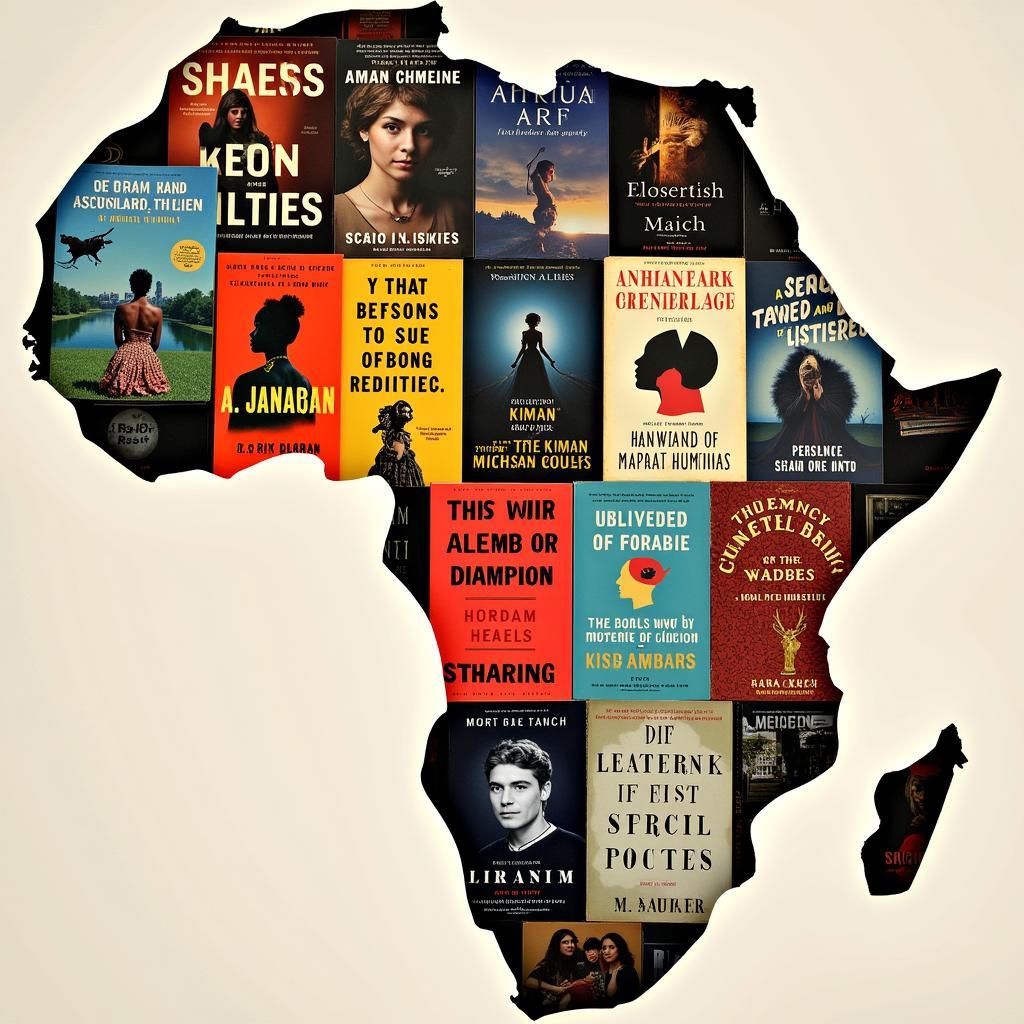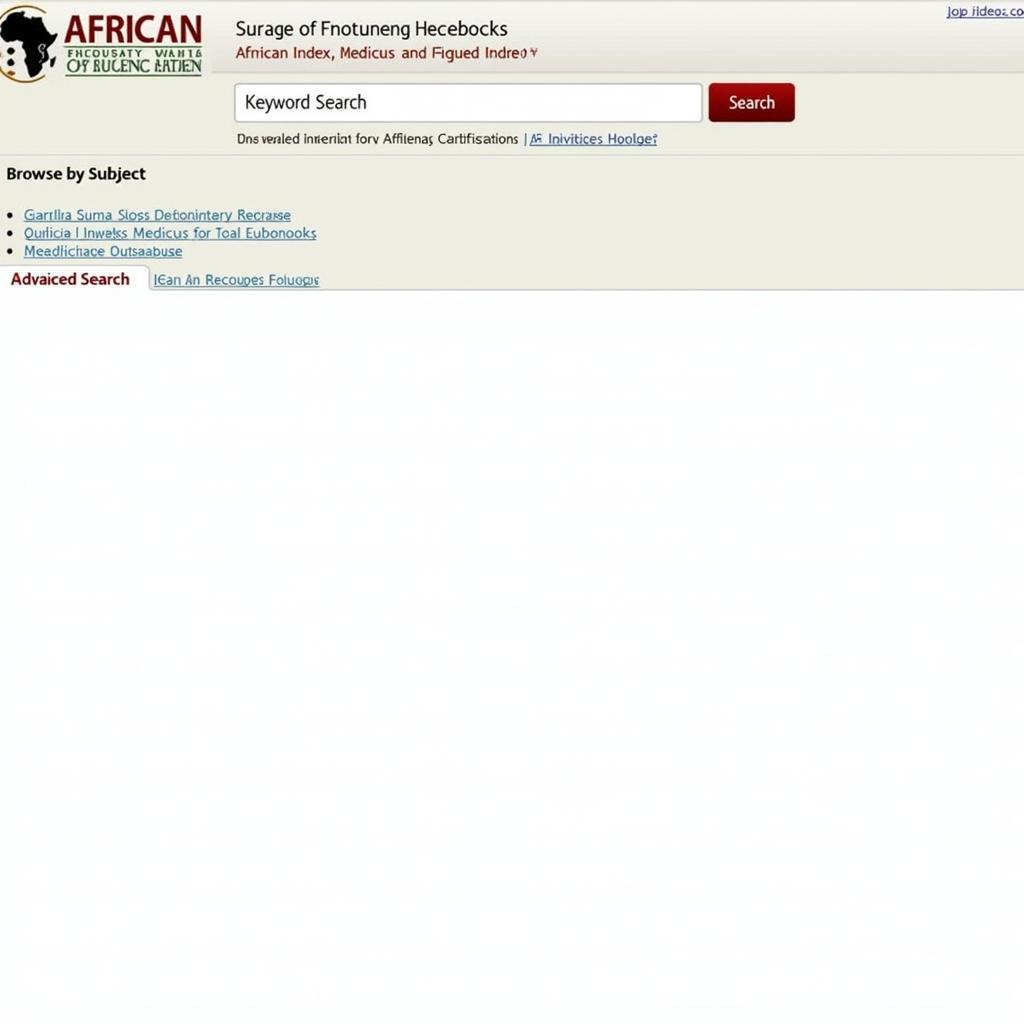Exploring the Rich Tapestry of African and Asian Literature
African And Asian Literature offers a captivating journey into the hearts and minds of diverse cultures, spanning millennia of history and tradition. These rich literary landscapes, often intertwined yet distinct, provide profound insights into the human condition, societal structures, and the complex relationship between humanity and the natural world. From ancient epics to contemporary novels, this exploration delves into the shared and unique characteristics that define these two vibrant literary traditions.
Unveiling the Shared Heritage: Common Themes in African and Asian Literature
Both African and Asian literature often grapple with similar thematic concerns, reflecting shared human experiences and historical parallels. Colonialism and its enduring impact on identity, cultural heritage, and political systems are prominent themes. The struggle for independence, the search for self-determination, and the negotiation of post-colonial realities find powerful expression in the works of writers from both continents. Furthermore, the exploration of social inequalities, the complexities of tradition versus modernity, and the interplay between rural and urban life are recurring motifs. These shared concerns provide fertile ground for cross-cultural dialogue and understanding. For example, the impact of colonialism is seen in the works of Ngugi wa Thiong’o from Kenya and Arundhati Roy from India, showcasing diverse perspectives on a shared historical experience. The search for identity and belonging after such a transformative period are central themes in both African and Asian literature.
After gaining independence, many African nations found themselves grappling with the challenges of building new nations and forging new identities. Similarly, post-colonial Asian societies underwent profound transformations, seeking to reconcile their past with their future. African ddf
Distinctive Voices: Unique Characteristics of African and Asian Literary Traditions
While sharing common ground, African and Asian literature also possess distinct characteristics shaped by their unique historical, cultural, and linguistic contexts. African literature, often characterized by oral traditions, emphasizes storytelling, proverbs, and folklore as powerful vehicles for transmitting knowledge, values, and cultural memory across generations. Performance, music, and dance are integral aspects of this literary expression, blurring the lines between written and spoken word. Asian literature, with its ancient philosophical and religious traditions, often explores themes of spirituality, enlightenment, and the interconnectedness of all beings. From the epic poems of India to the zen poetry of Japan, a profound emphasis on introspection and contemplation permeates these literary traditions.
A Dialogue Across Continents: Influences and Interconnections
Despite geographical distance, African and Asian literature have engaged in a dynamic exchange of ideas and influences throughout history. The Silk Road, for instance, served as a conduit for cultural transmission, facilitating the exchange of literary texts, artistic motifs, and philosophical concepts. The impact of Islamic literature and culture on both continents further strengthened these interconnections. Contemporary literary movements, such as postcolonial literature and world literature, have created new platforms for dialogue and collaboration, fostering a deeper understanding of shared concerns and unique perspectives.
Navigating the Literary Landscape: Key Authors and Works
Exploring the vast landscape of African and Asian literature can be an enriching experience. Key authors from Africa include Chinua Achebe, whose novel Things Fall Apart powerfully depicts the clash between tradition and modernity in pre-colonial Nigeria, and Chimamanda Ngozi Adichie, known for her insightful portrayals of contemporary African Life and identity. Prominent Asian writers include Rabindranath Tagore, whose poetry and prose earned him the Nobel Prize in Literature, and Salman Rushdie, whose magical realism blends history, myth, and politics. These are just a few examples of the many talented writers who have shaped and continue to enrich the literary traditions of their continents.
 Exploring Common Themes in African and Asian Literature
Exploring Common Themes in African and Asian Literature
What are the key differences between African and Asian Literature?
While both traditions share thematic overlaps, African literature often emphasizes oral traditions and performance, while Asian literature frequently explores themes of spirituality and introspection.
How has colonialism impacted African and Asian literature?
Colonialism has profoundly shaped both literary landscapes, giving rise to themes of resistance, identity formation, and the negotiation of post-colonial realities.
1994 african cartoon show karnataka
The Future of African and Asian Literature: Emerging Voices and Trends
African and Asian literature continue to evolve, embracing new forms of expression and engaging with contemporary global issues. The rise of digital platforms has created new opportunities for writers to connect with audiences and share their stories. Emerging voices are challenging conventional narratives, exploring themes of gender, sexuality, and environmentalism with fresh perspectives. The increasing recognition of these literary traditions on the global stage signifies their growing influence and importance in shaping the future of world literature. This continued growth promises a vibrant and dynamic future for both traditions.
 New Voices and Trends in African and Asian Literature
New Voices and Trends in African and Asian Literature
African and Asian Literature: A Bridge Between Cultures
African and Asian literature, through their captivating narratives and diverse perspectives, offer a unique lens through which to understand the human experience. These vibrant literary traditions, rich in history, culture, and artistic expression, build bridges between cultures, fostering empathy, understanding, and appreciation for the shared humanity that connects us all. Exploring these diverse literary landscapes is a journey of discovery, revealing the complexities of human existence and the power of storytelling to illuminate our world.
FAQ
- What are some recommended introductory books for African literature? Things Fall Apart by Chinua Achebe and Half of a Yellow Sun by Chimamanda Ngozi Adichie are excellent starting points.
- Where can I find translations of Asian literary works? Numerous online resources and bookstores specialize in translated literature, providing access to a wide range of works.
- Are there any literary festivals dedicated to African and Asian literature? Yes, various festivals around the world celebrate these literary traditions, offering opportunities to engage with authors and their works.
- How can I support African and Asian writers? Purchasing their books, attending readings, and sharing their work on social media are great ways to show your support.
- What are some online resources for learning more about these literary traditions? Academic journals, online literary magazines, and cultural websites provide valuable insights and resources.
- Are there any scholarships available for studying African and Asian literature? Many universities offer scholarships and fellowships for students interested in pursuing research in these fields.
- How can I connect with other readers interested in African and Asian literature? Online book clubs and discussion forums provide platforms for connecting with fellow readers and sharing your thoughts.
African countries and their religions
Do you have other questions about African and Asian literature? Explore our website for more insightful articles and resources. Check out our piece on the influence of oral traditions in African literature and our exploration of ancient Asian epics.
When needing support, contact us by Phone: +255768904061, Email: kaka.mag@gmail.com, or visit us at Mbarali DC Mawindi, Kangaga, Tanzania. Our customer service team is available 24/7.


